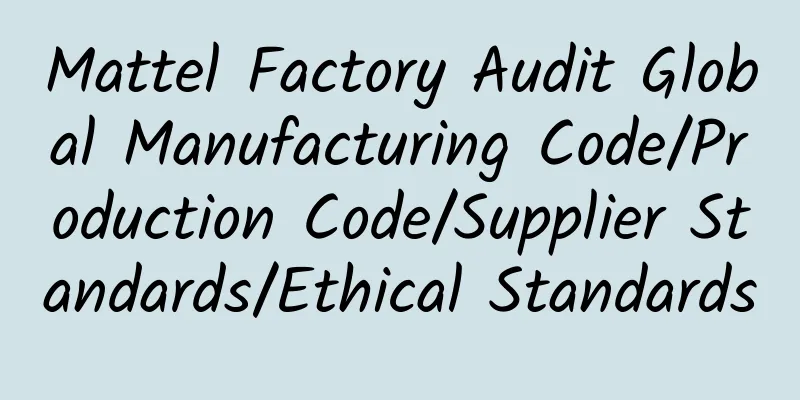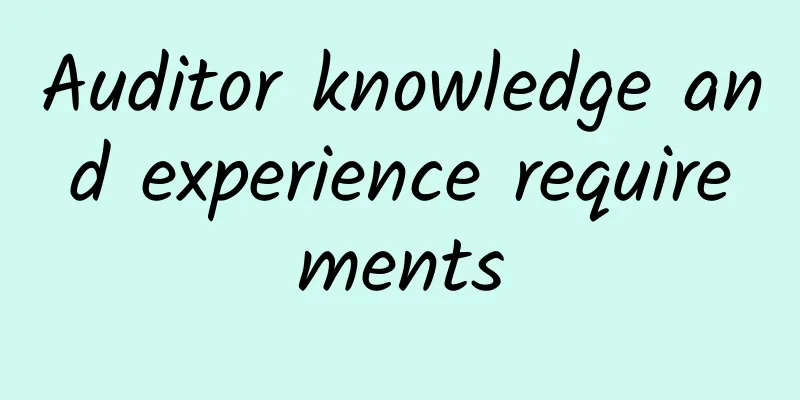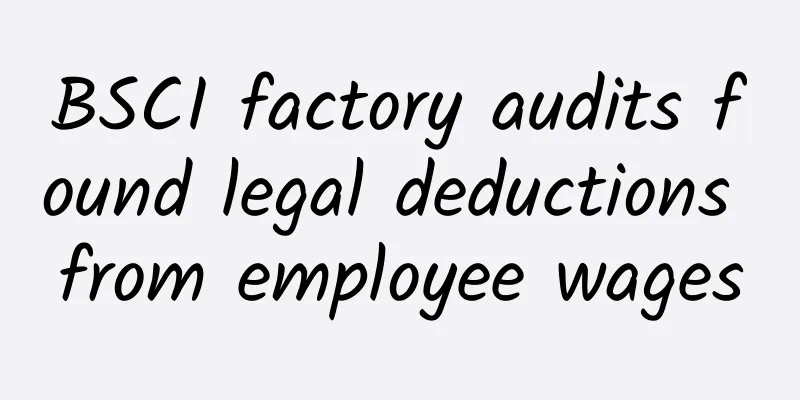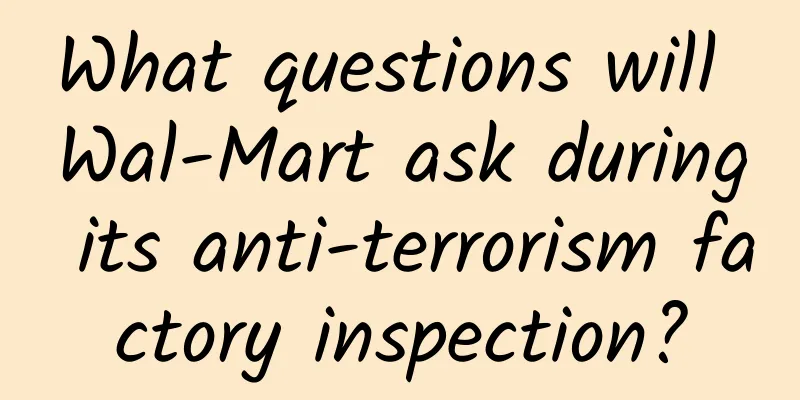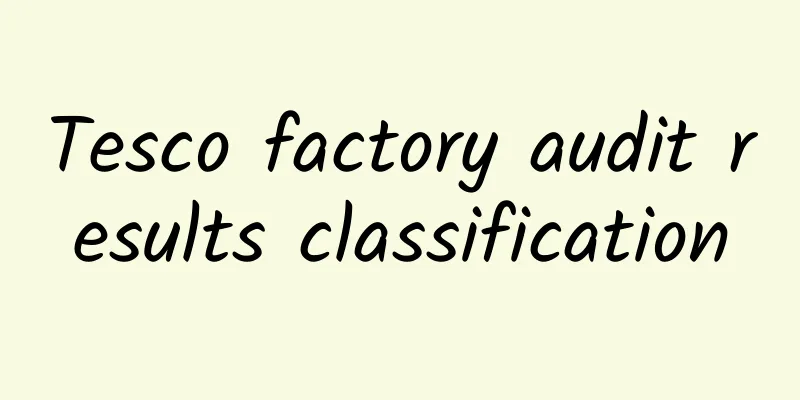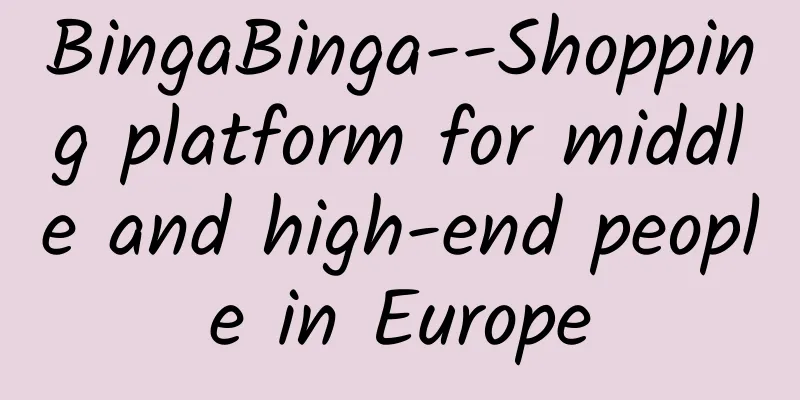The "plastic restriction order" has been upgraded! By 2024, France will ban the use of disposable plastic packaging
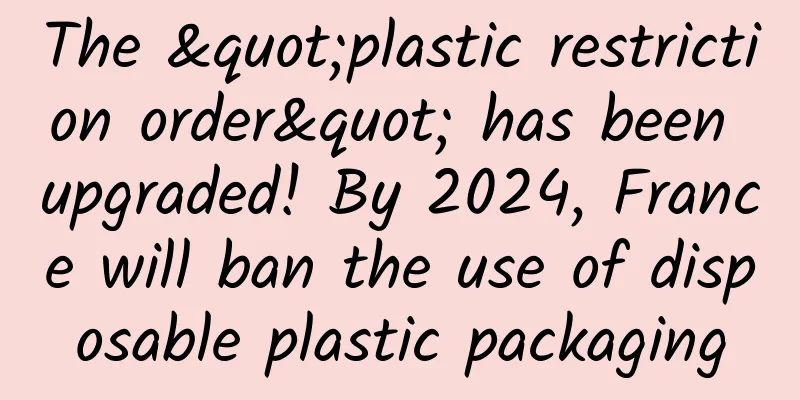
|
Today, global sustainable development is at a new critical juncture. In the past 20 years, the development concept of banning and limiting plastic has been widely spread around the world. As a major plastic producer and consumer, China promulgated the "Law of the People's Republic of China on the Prevention and Control of Solid Waste Pollution" as early as 1995. Since then, from the "Plastic Ban" and "Plastic Limitation Order" to the promulgation of the "14th Five-Year Plan" Plastic Pollution Control Action Plan, all reflect China's emphasis on plastic pollution control. In addition to China, countries around the world have also made some progress in achieving sustainable development goals. For example, France recently passed an anti-pollution and circular economy bill in response to sustainable development goals and to reduce single-use plastic pollution, which means that the "plastic ban" has been upgraded again. "Plastic restriction order" upgraded again The new French law sets quantitative targets for banning the use of disposable plastic products and reducing plastic pollution, and makes a new plan for a complete ban on disposable plastic products: by 2021, France will completely ban the use of disposable plastic packaging, achieve 100% plastic recycling by 2025, and reduce the sales of disposable plastic bottles by 50% by 2030. In addition, France adheres to the "polluter pays" principle. What does "polluter pays" mean? Literally, whoever pollutes is responsible. The French government requires companies to provide funds to deal with the waste generated during the production process. From 2022, the "polluter pays" principle will be further extended to industries such as building materials, decoration, sports and leisure products, and toy production. Currently, 15 industries in France have joined the principle. The concept of "plastic restriction order" France has introduced a bill since 2018 requiring all cosmetics containing plastic particles to be removed from shelves. In 2020, household plastic cotton swabs and disposable plastic tableware will also be banned from sale. Now the upgrade of the "plastic ban" means that companies will usher in strict regulation.
【Source: RanPak】 Company Profile: Are you still worried about not passing the factory inspection? Don’t worry! Chaowang Consulting has been engaged in factory inspection and certification consulting for many years. We have rich experience and connections, and are familiar with the process and steps of factory inspection and certification. We can help companies solve certification problems at any time, easily deal with them, and pass them smoothly! Contact number: 400-680-0016 ↓↓ For more factory inspection knowledge, please visit www.sa8000cn.cn |
<<: The UK will exempt packaging tax if the recycled content of packaging materials exceeds 30%
Recommend
What is efunsell? What are the advantages of efunsell?
What is efunsell? efunsell has currently opened a...
Srbucks Supplier Social Responsibility Standards - Working Hours and Subsidies
The last category of Srbucks supplier social resp...
EUROPEAN FLAX European hemp certification application process
1. What is European Flax? UROPEANFLAX; _High qual...
How is Zhonghaina Finance and Taxation? What are the advantages of Zhonghaina Finance and Taxation?
How about Zhonghaina Finance and Taxation? Shenzh...
What is Piseer? What are the functions of Piseer?
What is Piseer? Piseer is a cross-border export e...
What is the connection between SMETA, SEDEX and ETI?
SMETA is the ethical audit standard of SEDEX, sho...
Benefits of implementing ISO14000 environmental management system certification
Implementing ISO14000 environmental management sy...
Key points for special equipment factory inspection
Key points for factory inspection of special equi...
What is Dealsea? Who can use Dealsea?
What is Dealsea? Dealsea is one of the top ten di...
Jcpenny JCPenny factory inspection and audit matters needing attention
What are the things to note when Jcpenny is under...
Walmart launches "Green Product Promotion Week"
From LED TVs that save 35% of electricity compare...
How is Thai Don Muang? What are the advantages of Thai Don Muang?
How about Thai Don Muang? Thai Don Muang Internat...
What should I do if my eBay account is restricted? What are the types of restrictions?
Many eBay sellers often have their eBay accounts ...
All BSCI members who need factory inspection (three)
JOY factory inspection consultation/certification...
Walmart factory inspection consultation: GSV preparation materials
Walmart factory inspection consultation GSV prepa...

